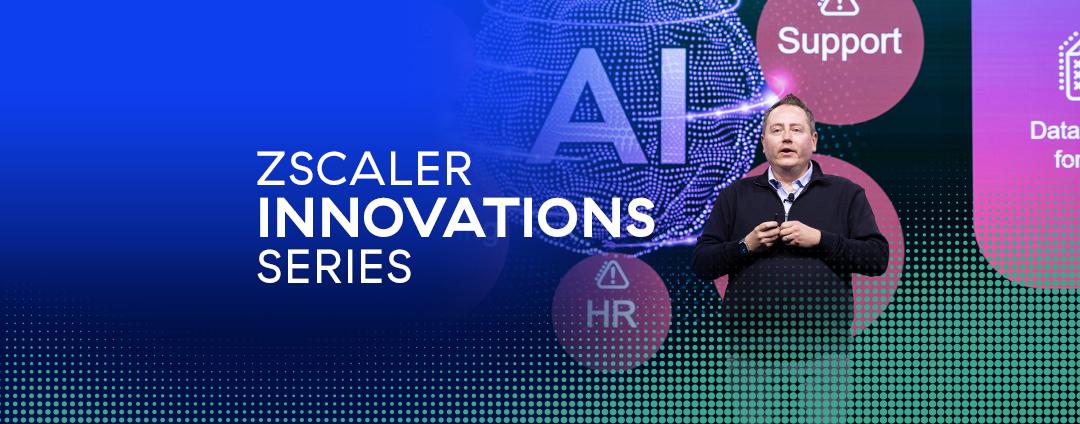In this blog series, we are taking our readers on a tour of various challenges to enterprise data security. As we do so, we will detail the ins and outs of each subject, describe why they all matter when it comes to keeping sensitive information safe, and explain how your organization can thoroughly and easily address each use case with Zscaler technologies--like its cloud access security broker (CASB), data loss prevention (DLP), and more.
In each installment of this series, a brief video will accomplish the above while presenting a succinct demonstration in the Zscaler user interface, concretely showing how you can protect your data.
In our last post, we covered shadow IT discovery. Our current topic is:
Risky file sharing
SaaS applications are designed in part to enable collaboration through rapid file sharing. While this is helpful for enhancing enterprise productivity, it often leads to oversharing, as well. Some employees can easily send corporate files to incorrect users by accident. Others may expose data by carelessly sharing documents with their personal accounts in order to complete their work more flexibly. Disgruntled insiders might look to share files with malicious, external parties and even competitors.
Zscaler’s multimode CASB provides collaboration management to address the above challenges. It identifies sensitive files at rest, scans them for risky or external shares, and automatically revokes them according to policy. Watch the below video to see Zscaler’s capabilities in action.

Videos
Want to see other security needs that our CASB can solve? Download the Top CASB Use Cases ebook.






